Books Like Ikigai: The Japanese secret to a long and happy life
If Ikigai inspired you with its gentle guidance on finding purpose and living longer through balance and intention, these books offer similarly thoughtful insights on happiness, habits, and holistic life philosophy drawn from science and culture.
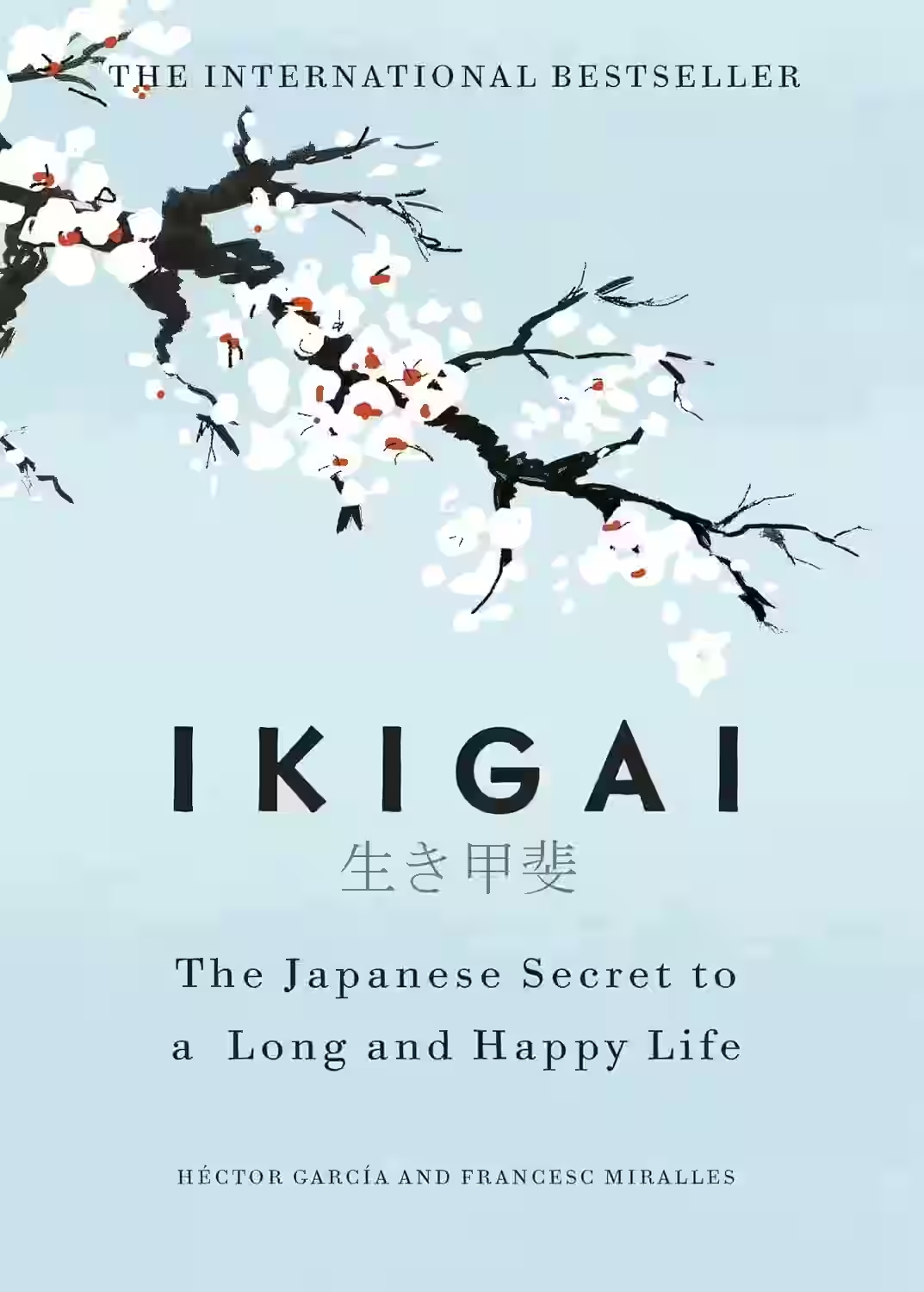
Ikigai, by Héctor García and Francesc Miralles, explores the Japanese concept of "ikigai"—a reason for being. Based on interviews with residents of Okinawa, one of the world’s longest-living populations, the book combines insights from Japanese philosophy, lifestyle, and longevity research. It offers practical advice on staying active, finding purpose, nurturing community ties, and living mindfully. Blending cultural wisdom with modern science, Ikigai serves as a gentle guide to living a more fulfilling and meaningful life.
Similar Books You Might Enjoy
If you enjoyed Ikigai: The Japanese secret to a long and happy life, you might also like these books.
Discover your next great read from our curated selection of similar books.
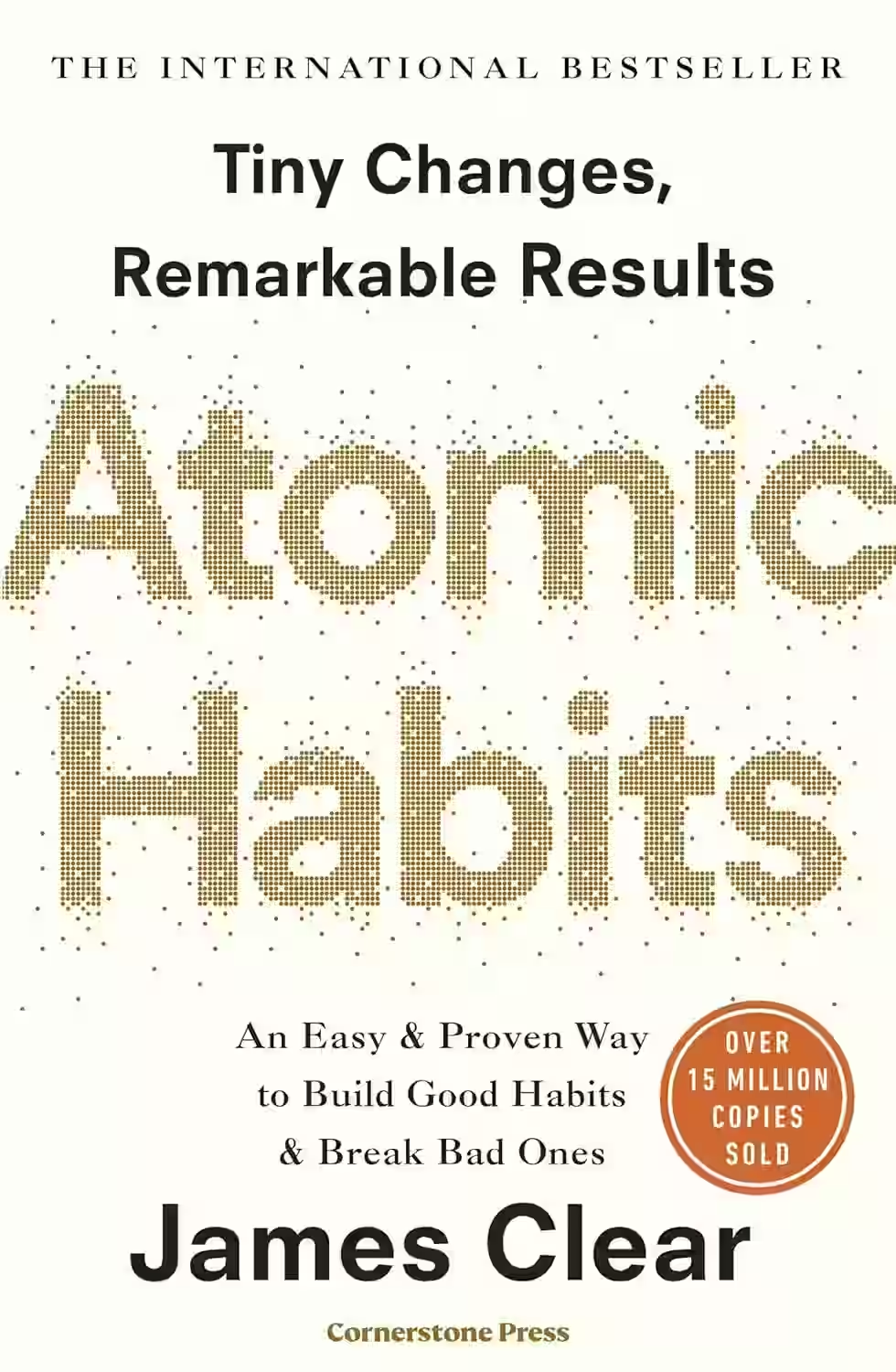
In Atomic Habits, James Clear reveals how small, consistent actions can lead to life-changing results. Contrary to the belief that big change requires big effort, Clear shows that success is built through the compound effect of tiny habits—like doing two push-ups or waking up five minutes earlier. Drawing on cutting-edge psychology and neuroscience, he explains powerful techniques like Habit Stacking, the Two-Minute Rule, and the Goldilocks Zone. Through real-life stories of Olympians, CEOs, and scientists, Clear illustrates how these simple strategies foster lasting change. Practical, inspiring, and deeply insightful, this book is a blueprint for transforming your life—one habit at a time.
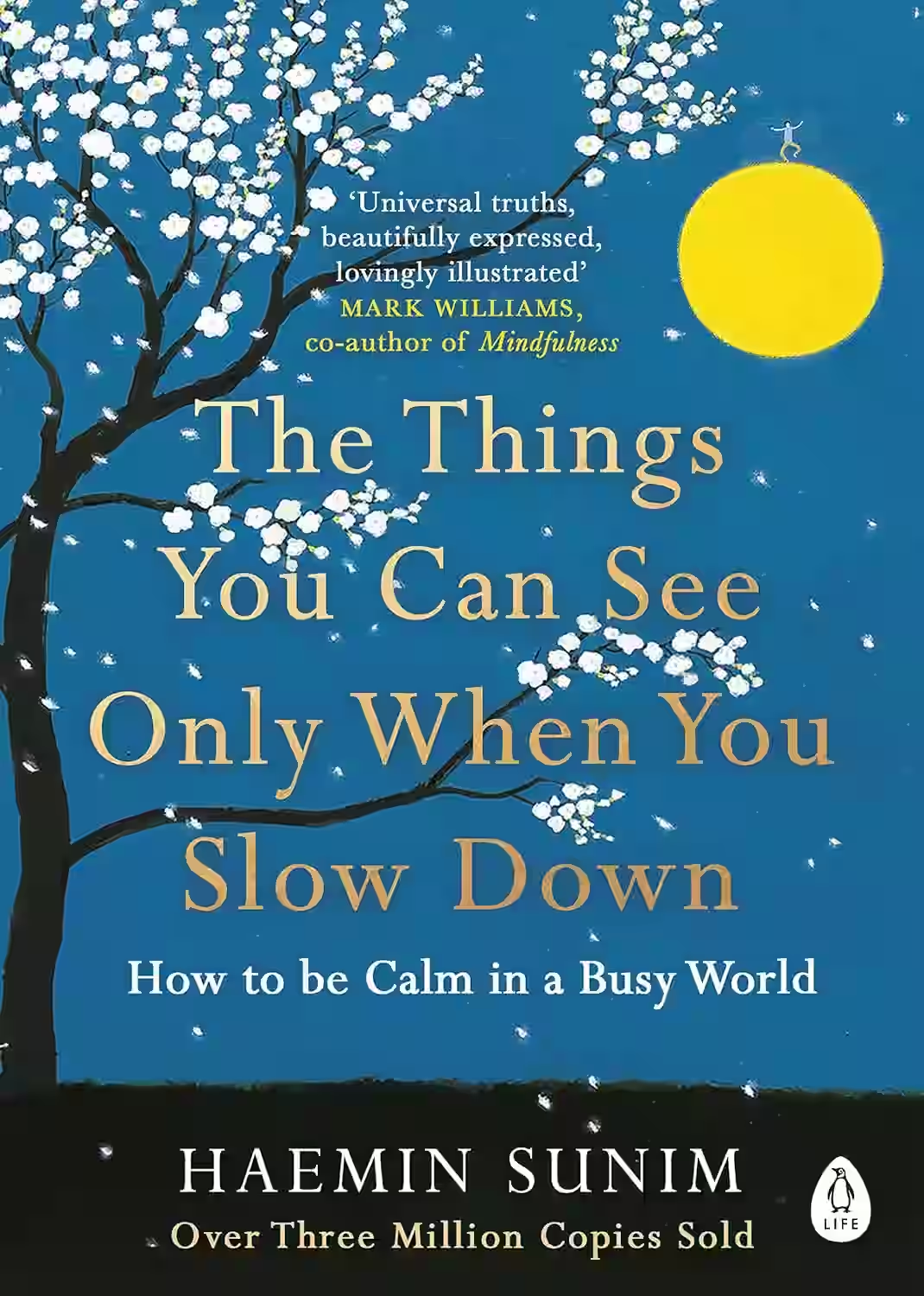
The Things You Can See When You Slow Down is a gentle and reflective guide to mindfulness and meditation by Buddhist monk Haemin Sunim. Through short essays and beautiful illustrations, the book offers practical wisdom on navigating the stresses of modern life, fostering self-compassion, and finding peace in the present moment.
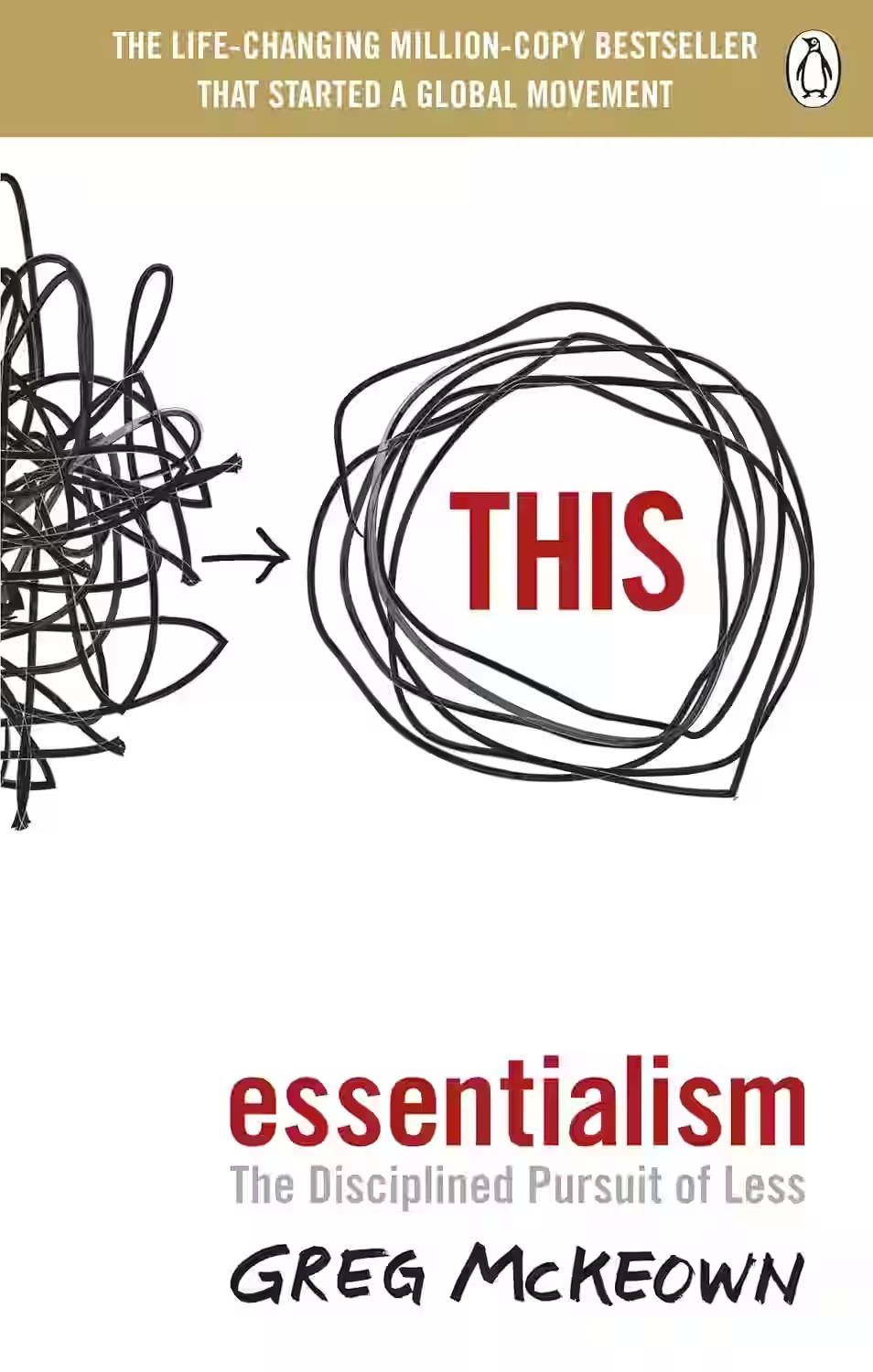
Essentialism is a manifesto for simplicity in an increasingly busy world. Greg McKeown advocates for doing less, but better—focusing only on what is truly important. He challenges the idea that we must do everything and instead teaches readers how to identify their highest priorities, eliminate non-essential tasks, and reclaim control of their time and energy. With practical tips and clear frameworks, the book empowers readers to make deliberate choices, say no more often, and live with intention. Essentialism is about creating space for what really matters—professionally and personally—by embracing the power of focus and clarity.
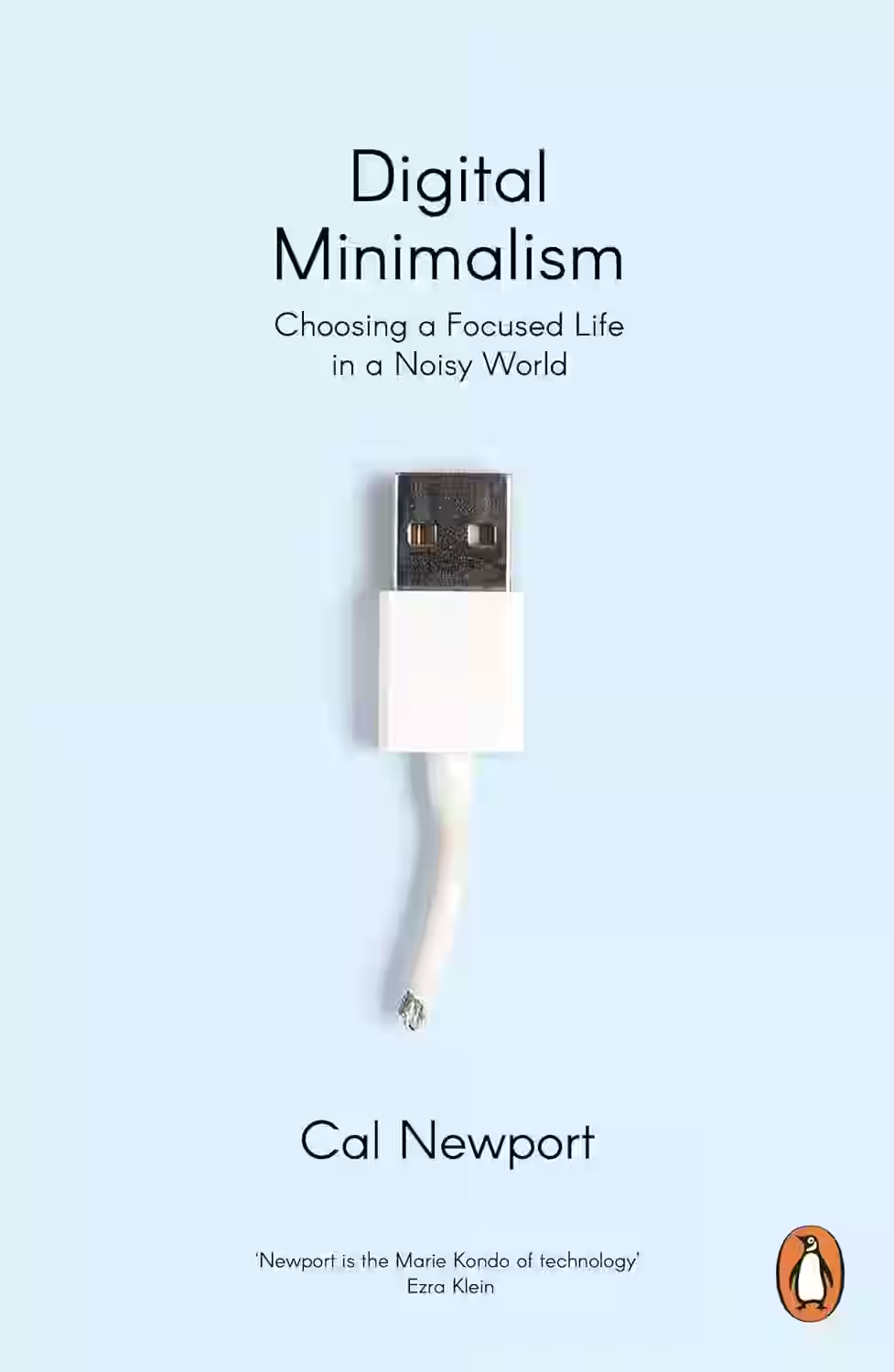
In 'Digital Minimalism', Cal Newport presents a compelling argument for reevaluating our relationship with technology to reclaim our focus, productivity, and mental well-being. Newport guides readers through practical strategies to minimize digital clutter, prioritize meaningful activities, and cultivate more intentional use of digital tools. By drawing on psychology, sociology, and behavioral economics, Newport challenges us to reassess the value technology adds to our lives and advocates for a more mindful approach to digital consumption. This thought-provoking book offers a roadmap for leading a more deliberate, fulfilling life in today's tech-saturated world.
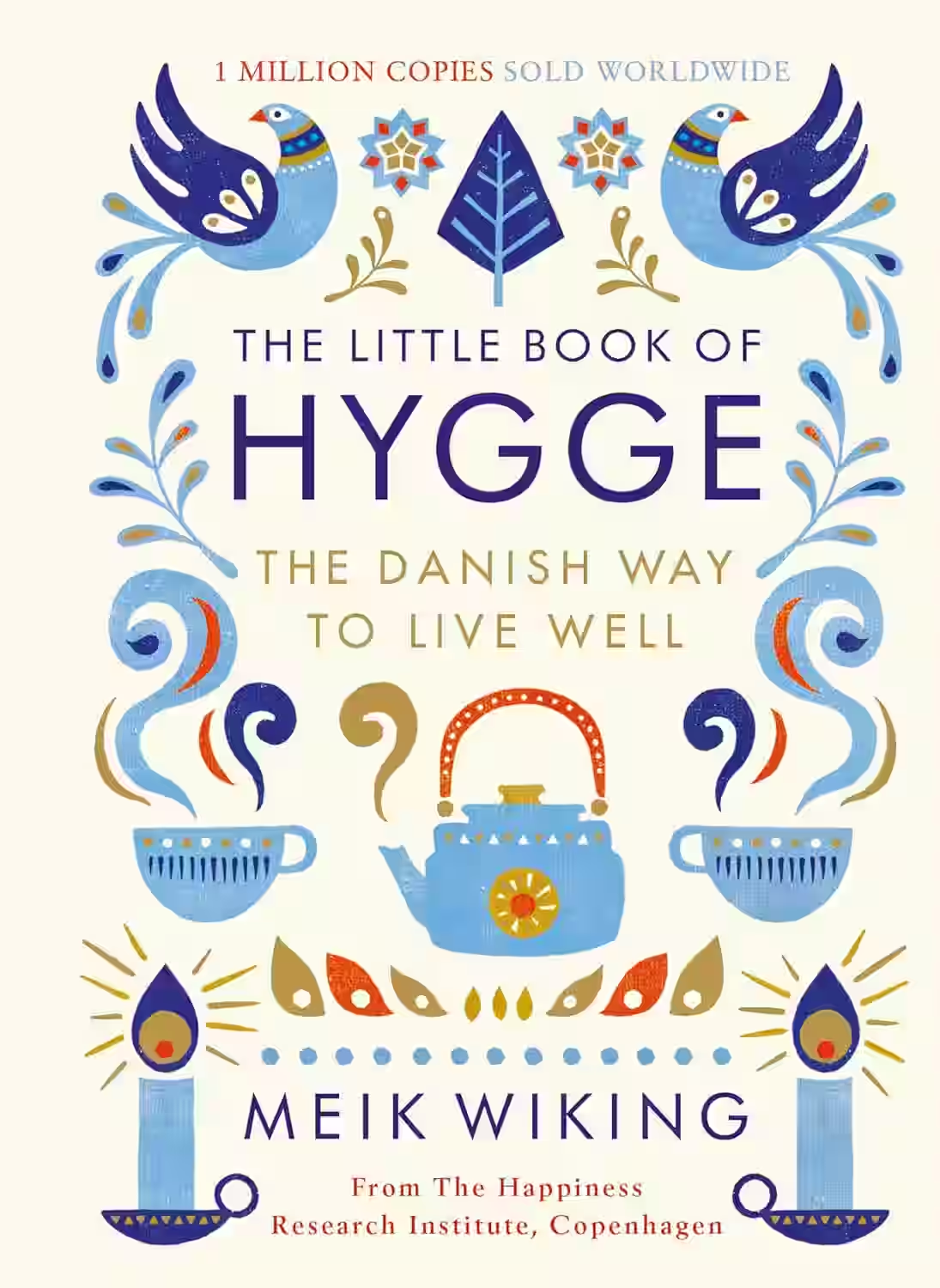
In 'The Little Book of Hygge' by Meik Wiking, readers are taken on a delightful journey into the Danish concept of 'hygge,' which encapsulates coziness, comfort, and well-being. Wiking explores the various elements that contribute to creating a hygge lifestyle, from warm candlelight to intimate gatherings with loved ones. Through charming anecdotes, practical tips, and insightful research, the author illustrates how incorporating hygge into daily life can lead to increased happiness and contentment. This book serves as a gentle reminder to appreciate life's simple pleasures and prioritize moments of relaxation and connection. 'The Little Book of Hygge' is a heartwarming and inspiring read that invites readers to embrace a more mindful and fulfilling existence.
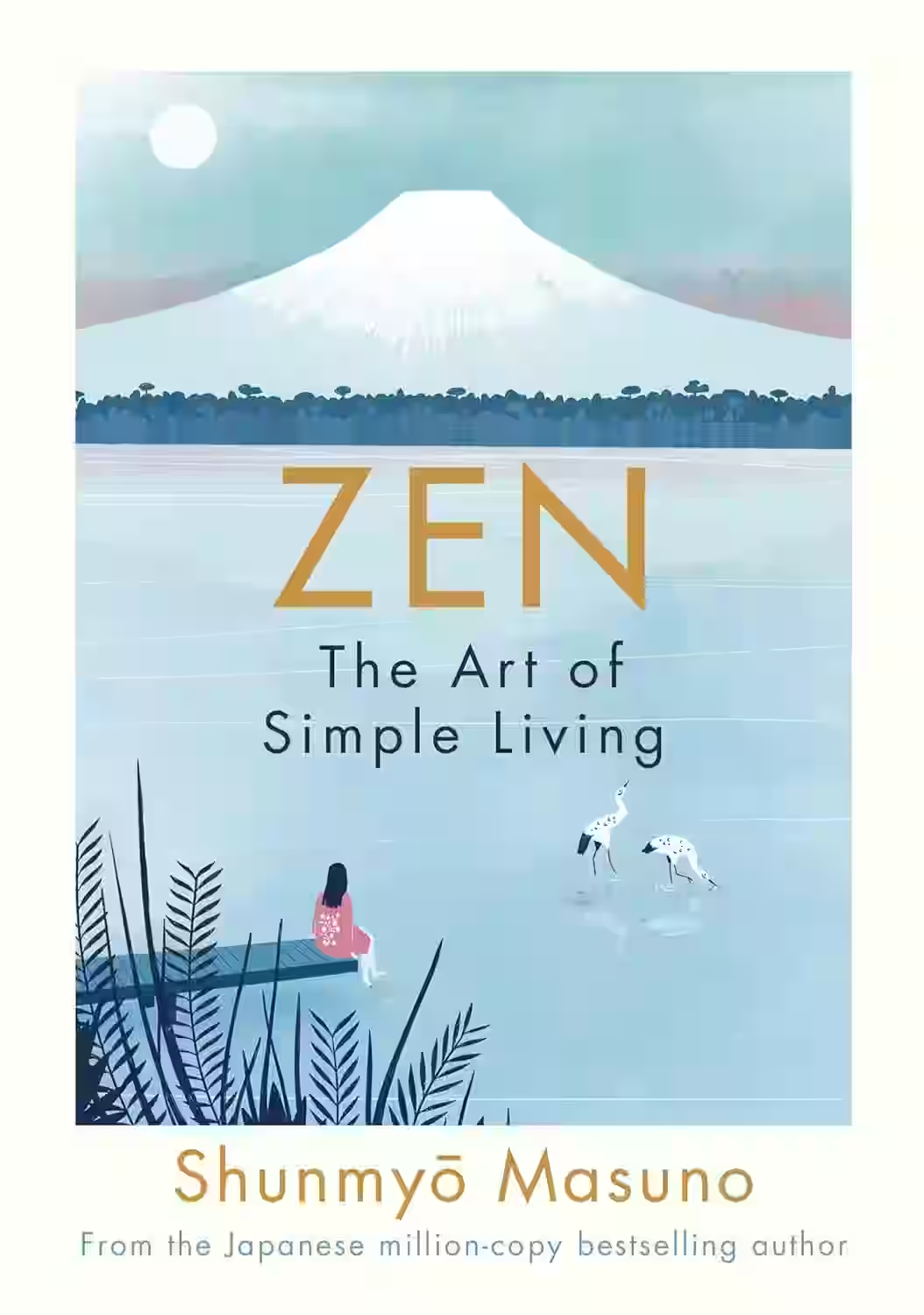
In 'The Art of Simple Living' by Shunmyo Masuno, readers are invited to embrace minimalism and mindfulness in their daily lives. Masuno, a Zen Buddhist priest and garden designer, provides profound yet simple wisdom on how to find joy and peace in simplicity. Through short contemplative chapters, he offers insights on decluttering the mind, appreciating nature, and living with intention. This book serves as a gentle guide to slowing down, savoring the present moment, and discovering the beauty in life's uncomplicated moments. Masuno's teachings are presented in a practical and accessible way, making it a valuable read for those seeking a more meaningful and harmonious existence.
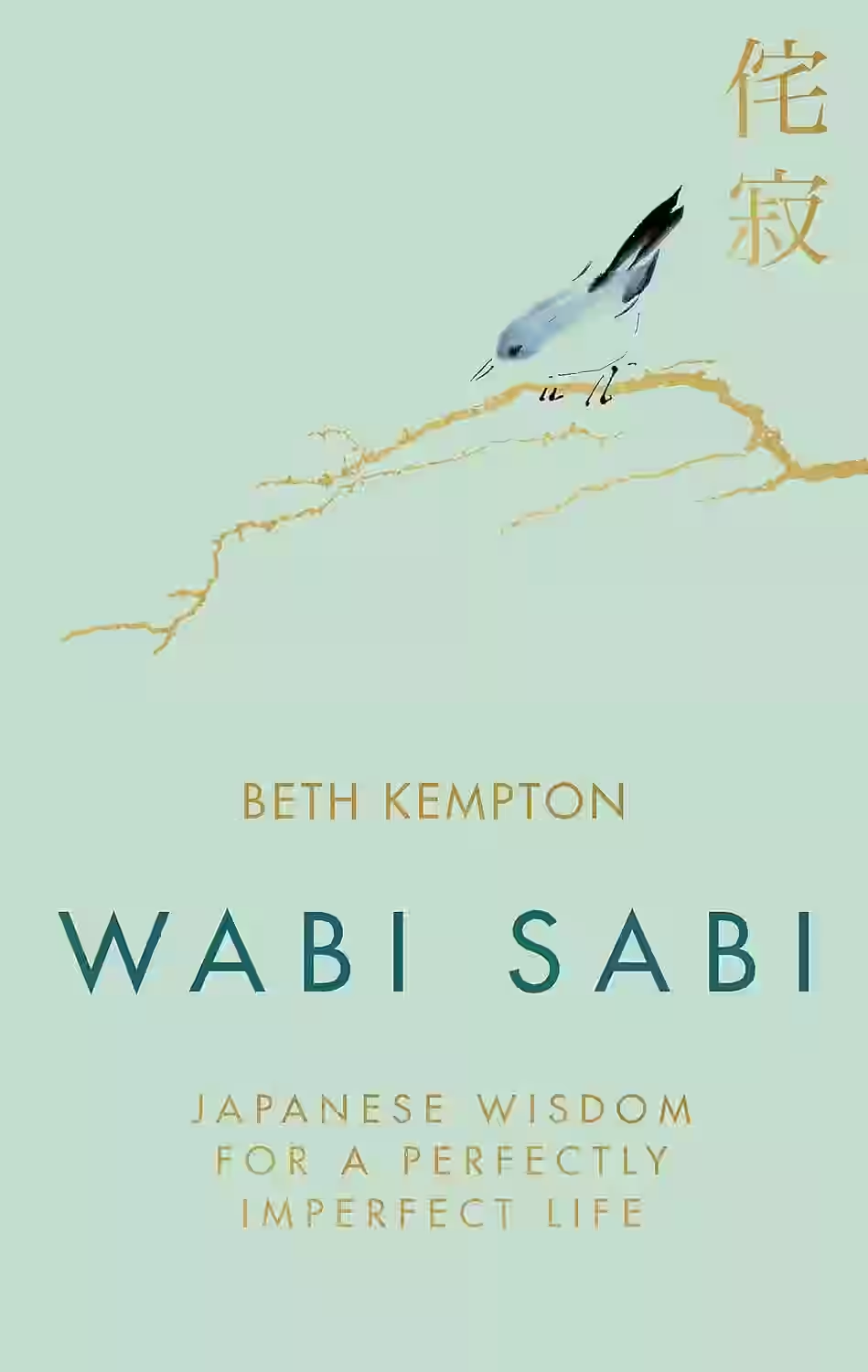
In 'Wabi Sabi: Japanese Wisdom for a Perfectly Imperfect Life,' Beth Kempton masterfully delves into the ancient Japanese philosophy of wabi sabi, celebrating the beauty found in imperfection, impermanence, and authenticity. Through insightful anecdotes, practical exercises, and profound reflections, Kempton guides readers on a transformative journey towards embracing life's inherent flaws and complexities with grace. She explores how this philosophy can be applied in various aspects of daily living such as home decor, relationships, and personal growth. This book not only offers a fresh perspective on finding contentment in an often chaotic world but also inspires readers to seek beauty in simplicity and acceptance. A truly enlightening read.
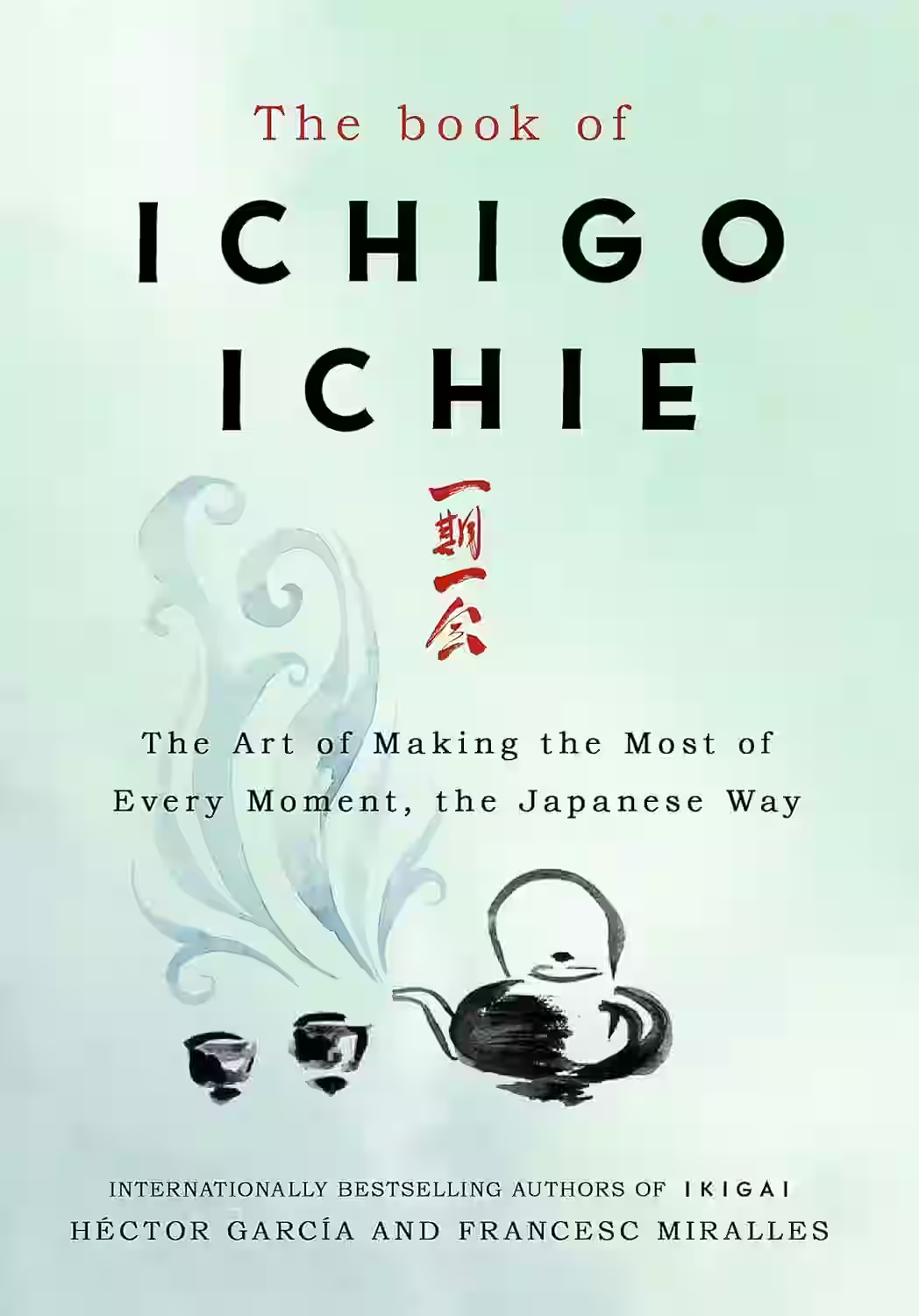
In 'The Book of Ichigo Ichie' by Hector Garcia, readers are guided through the Japanese art of making the most of every moment. The author explores the concept of ichigo ichie, emphasizing the beauty of impermanence and the significance of treasuring each encounter. Through insightful anecdotes and practical tips, Garcia encourages mindfulness, gratitude, and living with intention. This book serves as a gentle reminder to savor the present and cultivate meaningful connections. With a blend of cultural wisdom and contemporary relevance, 'The Book of Ichigo Ichie' offers a refreshing perspective on finding joy in the everyday.